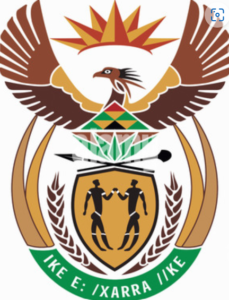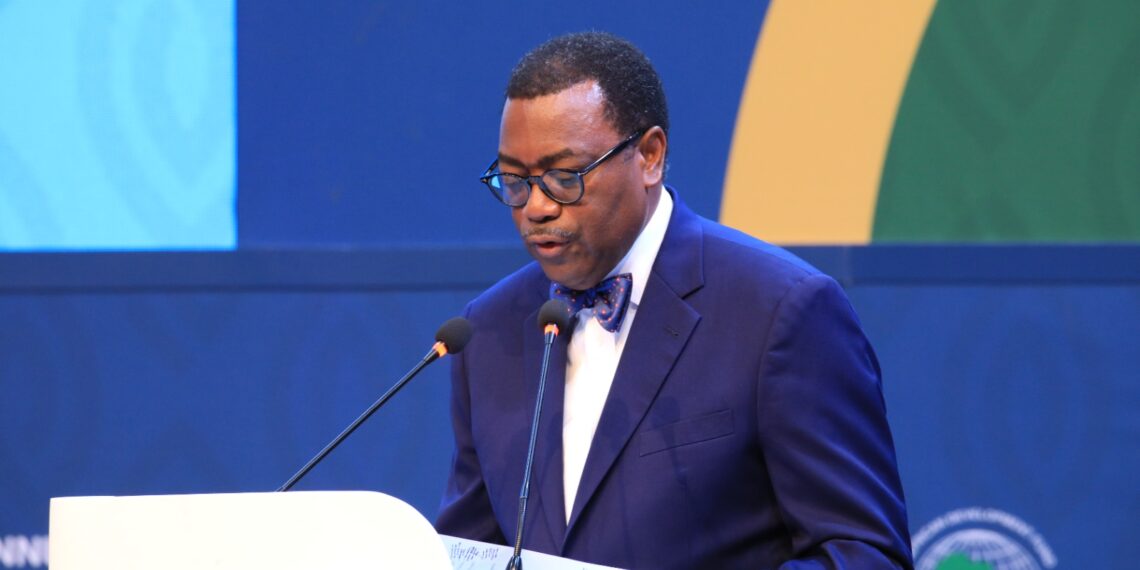Proposed laws to force ministers to send their children to public schools in South Africa
- Education
- No Comment
- 368

The South African Federation of Trade Unions (Saftu) is engaging with the relevant political parties in order to bring forward legislative proposals that would compel all senior government officials to enrol their children into public schools.
This was Saftu’s response to a recent 400-page Public Protector’s report that revealed the shocking state of public schools in South Africa – especially the Eastern Cape – where overcrowding resulted in almost 170 pupils crammed into one classroom.
This report came shortly after another report published by the Oppenheimer Memorial Trust on the future of education highlighted the severe lack of suitably qualified teachers in South African schools.
The report highlighted that the most significant challenge in the basic education system is teachers’ lack of subject knowledge and skills to teach learners.
- 80% of grade 6 Mathematics learners were taught by teachers with mathematics subject knowledge below the grade 6 level.
- Only 55% of South African teachers met the intermediate benchmark of Progress in International Reading Literacy Study (PIRLS) – which 82% of all grade 4 learners achieved internationallySimply put, a large percentage of South African teachers lacked the basic knowledge of the subjects they taught.Saftu has since demanded that executive members of the government in senior positions – from ministers to district directors and managers – must all enrol their children into public schools between quintiles 1 and 3.
Saftu spokesperson Trevor Shaku said the union will be writing letters to the appropriate authorities proposing draft legislation that will make it compulsory for senior officials to do so.
“This will take time, but we have to start right now,” he said.
“[South Africa] cannot have a situation where those responsible for the education of over 80% of our youth are then sending their own children elsewhere. This is not right, and shows there’s a massive problem,” Shaku added.
“Most, if not all, senior officials’ children are educated at private schools. Therefore, they are not tasting the medicine that the public is forced to use. They don’t experience the conditions they have exposed the children of the worker class to – and this is where the disconnect is,” Shaku explained
ReadMore: https://businesstech.co.za/news/government/728835/proposed-laws-to-force-ministers-to-send-their-children-to-public-schools-in-south-africa/
- By Government Writer





